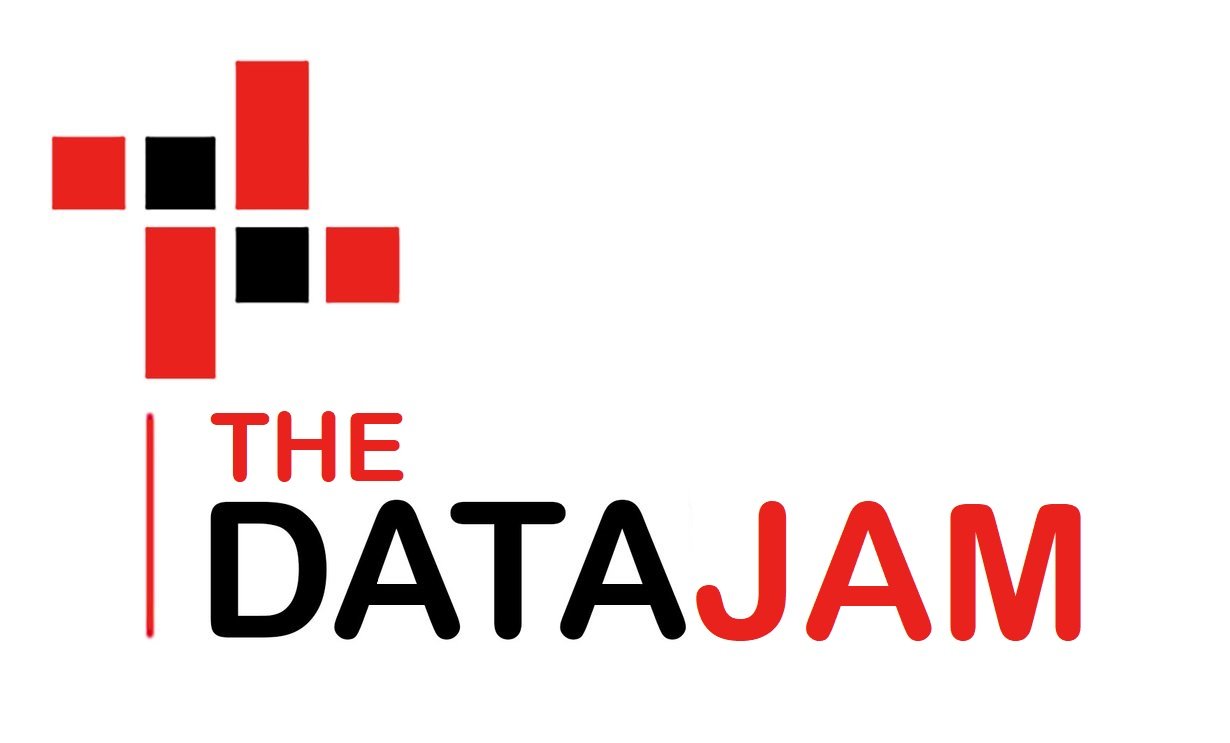
Classroom Activities
The DataJam is now pleased to offer a modular curriculum for teaching key principles of introductory data science principles using an active learning, project-based, hands-on teaching approach. This curriculum emanated from a high school course co-developed and co-taught at Bethel Park High School by Emily Smoller (teaches business education courses) and Lee Cristofano (teaches physics courses). They have used this curriculum to teach the principles of data science to students, and the final project for the course has been that the students form DataJam teams and undertake a DataJam project. Others involved in development of this modular curriculum have been high school math and science curriculum developers, other high school teachers and university professors with a background in using active learning strategies to teach math and science.
This modular curriculum includes some sample activities and has been designed to be used in a wide variety of ways in classroom settings, after-school program settings and workshop settings. It can be used as the curriculum for an entire high school course, or modules can be used independently, or just one or two activities within a module may be used. Of course, these sample activities can be adapted by the instructor to fit the needs of the students. We envision that the material in this curriculum could be used in math and statistics courses, as well as in science courses, business education courses, social studies and current events courses. Our goal was to develop a very flexible curriculum that could be used in many different ways and adapted to help introduce youth to data science in a number of different situations. The tools and techniques taught in this course can easily extend to other disciplines.

Module #1: Introduction to the Big Data Industry
This module previews the field of big data and its usage applications and ethical issues associated with widespread data collection.

Module #2: Open Data, Asking Questions and Introduction to Spreadsheets
This module covers data sources such as the Western PA Regional Data Center, and how to analyze data from sources like this in a spreadsheet.

Module #3: First Mini-Project
This module guides students through finding an appropriate dataset and brainstorming ideas for answerable questions from the data.

Module #4: Statistical Significance, R² and finding correlations
This module introduces basic statistical concepts to help students determine if the hypothesis they are testing has significant enough data to support their claims.

Module #6: Data Journalism & Project
This module covers current examples of data journalism and aims to help students develop their own metric and rating systems for a given topic, as well as how to present those findings.

Other Science Labs
This module covers different activities that expand the student’s understanding of applying data analysis in various scientific contexts, offering hands-on, project-based learning experiences.







